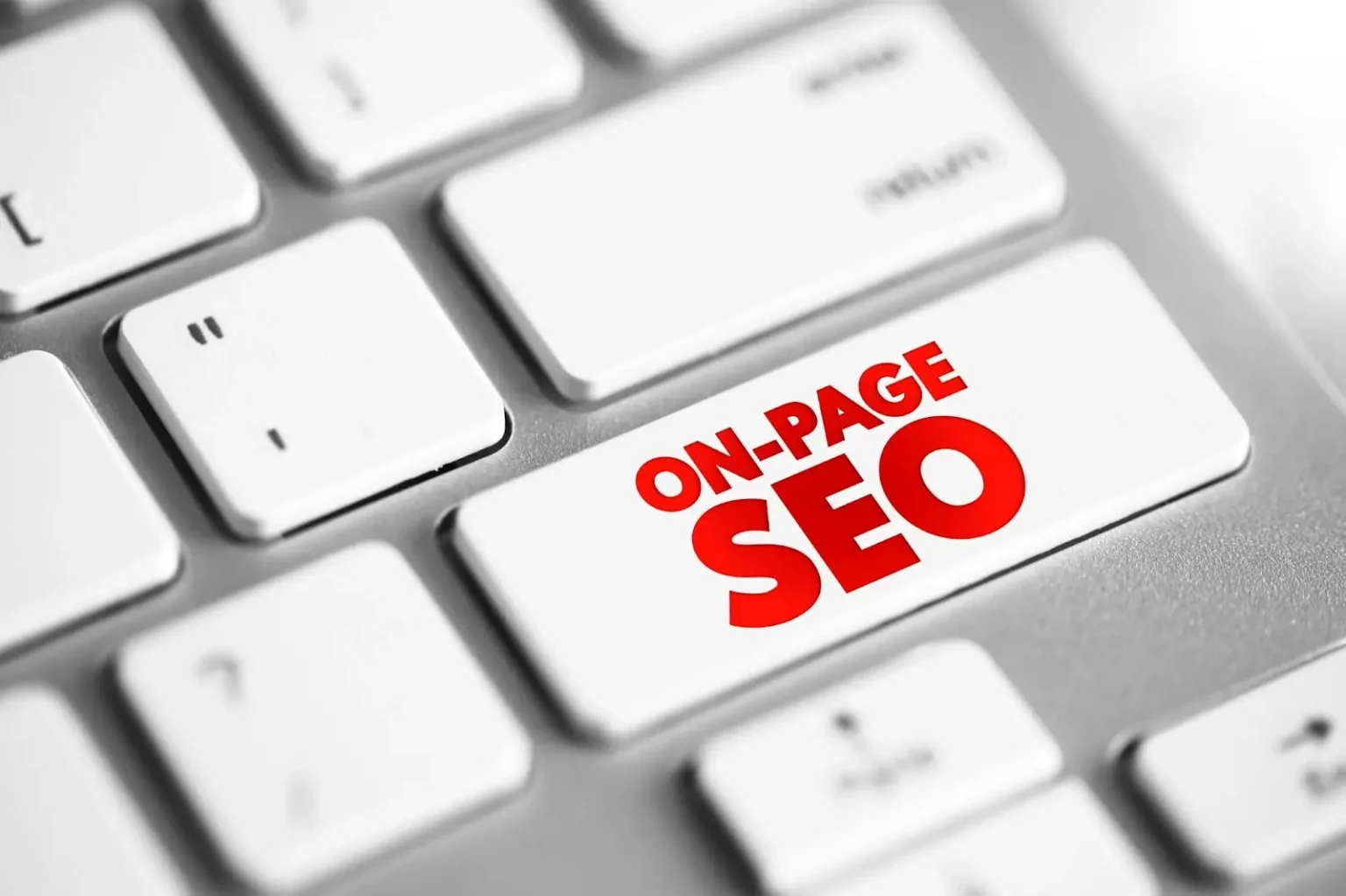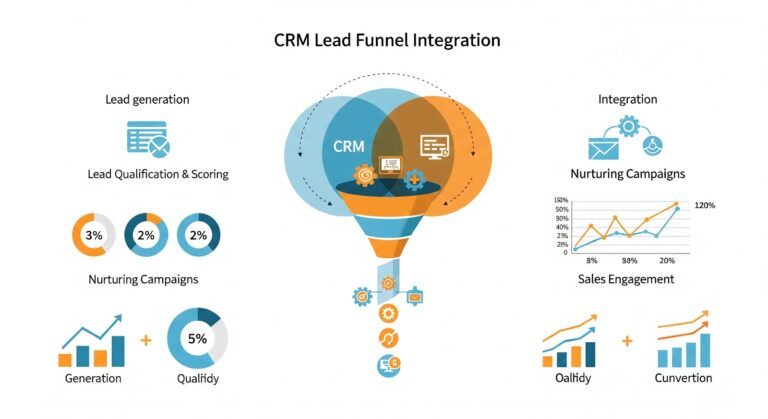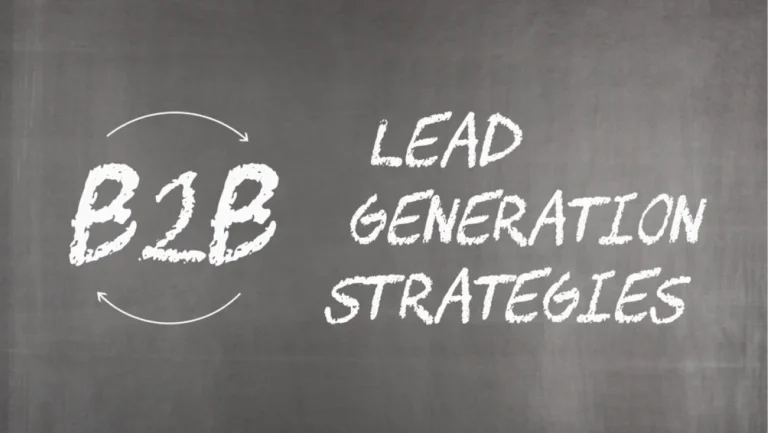Simply having a website is not enough to drive traffic and achieve online visibility. To ensure that your site ranks well in search engine results, you need a comprehensive on-page SEO strategy. On-page SEO, also known as on-site SEO, involves optimizing various elements within your website to improve its performance and relevance in search results.
Whether you’re new to the concept or looking to refine your existing strategy, understanding the fundamentals of on-page SEO and its importance can significantly impact your website’s success. Let’s dive into what on-page SEO is, why it matters, and how you can implement effective techniques.
What is on-page SEO?
On-page SEO refers to the process of optimizing individual web pages to improve their search engine rankings and attract organic traffic. This involves adjusting elements within your website—such as content, meta descriptions, images, and internal links—to make your site more accessible and relevant to search engines and users alike.
The goal of on-page SEO is to ensure that your website’s content aligns with user intent while meeting search engine algorithms’ criteria for quality and relevance. By focusing on on-site SEO, you’ll be able to enhance your site’s visibility, drive more traffic, and ultimately achieve better overall performance.

Why is on-page SEO important?
What is the importance of on-page SEO? On-page SEO is crucial for several reasons, making it a fundamental part of any digital marketing strategy. It helps establish your site as an authoritative and user-friendly resource, allowing you to compete effectively in search engine results.
Enhances User Experience
By optimizing your website’s content and structure, you make it easier for users to navigate and find the information they need.
Increases Search Visibility
Search engines prioritize well-optimized sites, which means effective on-page SEO can improve your rankings.
Drives Organic Traffic
With higher rankings, your site can attract more visitors, leading to increased opportunities for engagement and conversions.
LeadOrigin offers expert on-page SEO services, helping businesses enhance their website’s visibility, drive organic traffic, and achieve sustainable growth with tailored optimization strategies.
On-page SEO vs. off-page SEO: what’s the difference?
When it comes to SEO, it’s essential to distinguish between on-page and off-page techniques. Here’s a breakdown of each:
On-page SEO
On-page SEO, as we’ve covered, focuses on elements within your website. This includes keyword research, content optimization, meta tags, headers, and internal linking, all of which directly impact your site’s performance on search engines.
Off-page SEO
Off-page SEO, on the other hand, involves actions taken outside of your website to improve its credibility and authority. This often includes link building, social media marketing, and influencer outreach. By earning high-quality backlinks and building a solid online reputation, off-page SEO can complement your on-site efforts to boost your search engine rankings.
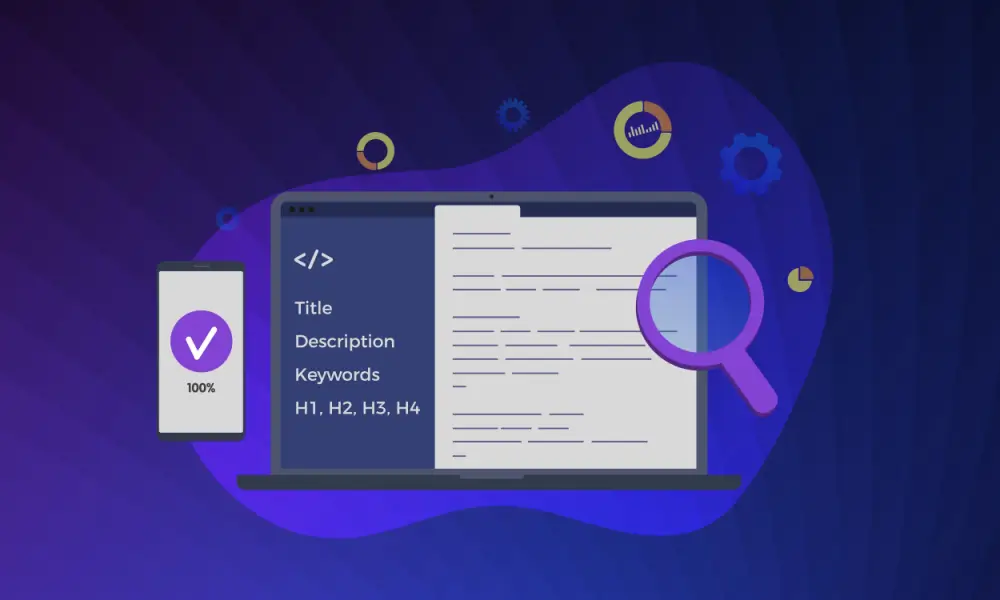
On-page SEO elements
To effectively optimize your website, it’s essential to understand the various components that make up on-page SEO. Here are the key elements to focus on:
Keyword research
Choosing relevant keywords based on search intent is the foundation of on-page optimization or SEO. Start with thorough research to identify the phrases your target audience is searching for, then strategically place these keywords throughout your content.
Visual content
Images, videos, and graphics enhance the user experience and help break up text. Ensure these elements are optimized for fast loading times and include relevant keywords in alt-text for accessibility.
Page titles
Your page titles should be descriptive and contain target keywords to help search engines understand what your content is about.
Headers
Use headers to structure your content and make it scannable. Including keywords in headers also provides additional context for search engines.
Meta descriptions
Well-written meta descriptions summarize your content and encourage users to click on your link in search results. Incorporate primary keywords naturally.
Image alt-text
Alt-text provides descriptions for images, improving accessibility for users and providing search engines with context about the image content.
Structured markup
Also known as schema markup, structured data helps search engines understand the context of your content, which can enhance your visibility in search results.
Page URLs
URLs should be short, descriptive, and contain relevant keywords. A well-structured URL enhances user experience and search engine understanding.
Internal linking
Linking to other pages within your website helps users navigate the page and distributes SEO value across your site.
Mobile responsiveness
With mobile traffic on the rise, having a mobile-responsive website is essential for both user experience and search rankings.
Site speed
Search engines favor fast-loading websites. Optimize your site’s loading speed to enhance the user experience and improve rankings.
On-page SEO checklist
To maximize the effectiveness of your on-page SEO efforts, here’s a checklist to guide you:
Write unique, helpful content
Your content should provide value to readers, answering their questions and addressing their needs comprehensively.
Place target keywords strategically
Use keywords naturally throughout your content, including headers, titles, and within the body text.
Write keyword-rich title tags
Ensure each page has a unique title tag with relevant keywords to help search engines understand its purpose.
Write click-worthy meta descriptions
Create compelling meta descriptions that encourage users to click on your link in search results.
Use headings and subheadings to structure your page
Organize your content with headers to improve readability and provide clear navigation for users.
Optimize URLs
Use concise, keyword-rich URLs that reflect the content of each page.
Add internal links
Link to other relevant pages on your website to improve navigation and distribute SEO value.
Add external links
Including links to reputable sources enhances the credibility of your content.
Include and optimize images
Optimize images by compressing them, adding descriptive file names, and using relevant keywords in alt-text.
How often should I perform on-page SEO?
Regularly review and update your on-page SEO elements. As search engine algorithms change and new keywords become relevant, optimizing your content and other site elements every three to six months is recommended.
How important is on-page SEO for overall website performance?
On-page SEO directly impacts your website’s performance by enhancing user experience, improving search rankings, and driving organic traffic. A well-optimized site leads to higher engagement rates and increased conversions, making on-page SEO essential for your digital strategy’s success.
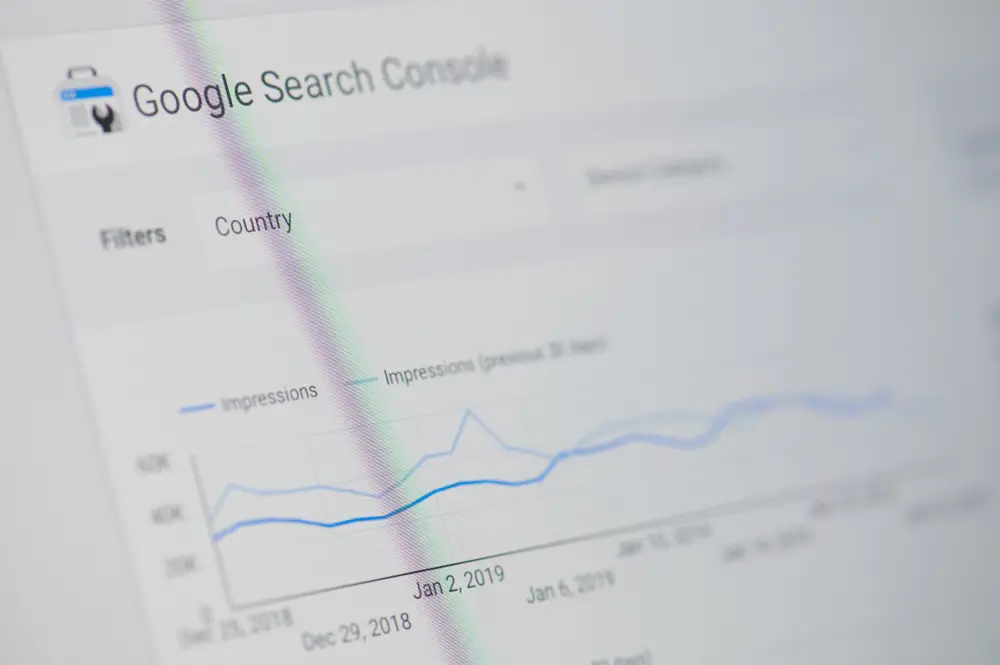
Are there tools available to assist with on-page SEO?
How to do on-page SEO? Several tools can help you with on-page SEO tasks:
- Google Analytics: Track user behavior and optimize your site based on data.
- Google Search Console: Monitor your site’s search performance and identify areas for improvement.
- Yoast SEO: A popular plugin for WordPress users, helping you optimize on-page elements like titles and meta descriptions.
- SEMrush: Conduct keyword research and analyze competitors to stay ahead in search rankings.
These tools make it easier to manage your on-page SEO efforts and ensure your website remains competitive.
Need help with on-page SEO? Let’s talk!
On-page SEO is a powerful tool for enhancing your website’s visibility, driving organic traffic, and creating a positive user experience. By focusing on essential on-site optimization techniques like keyword research, meta tags, and mobile responsiveness, you can build a site that meets both user needs and search engine criteria. Regularly updating and refining your on-page SEO elements ensures your website remains competitive in an ever-evolving digital landscape.
LeadOrigin specializes in providing comprehensive SEO solutions to help businesses grow their online presence. Our team of experts assists small to medium-sized companies and enterprise-level organizations across Austin, Dallas, and Houston, TX, with cutting-edge on-page and off-page SEO strategies. With a proven track record in digital marketing, we’re here to help you maximize your site’s performance and achieve your business goals. Reach out today!
